Researchers at the Queensland University of Technology (QUT) have secured $2.2 million (USD 1.4 million) for a project to diversify cathode production for batteries in the Indo-Pacific region under Round 1 of the Quad Clean Energy Supply Chain Diversification Program (QCESCD) program, supported by the federal Department of Industry, Science and Resources (DISR).
The QUT project, titled “Cost-Effective Cathode Production for Indo-Pacific Battery Markets”, aims to accelerate development of a highly energy-efficient, advanced heating process for manufacturing of battery cathode materials at lower cost and reduced emissions using Australian critical minerals.
QUT School of Chemistry and Physics Professor Deepak Dubal and the Centre for Materials Science said QUT’s groundbreaking and novel rapid heating process has advantages over conventional methods of heating critical minerals like lithium, sodium, cobalt and nickel.
“These are faster processing as it cuts hours to minutes; enhanced energy efficiency as it lowers energy use and reduces carbon footprints, plus precise control over material properties with advanced battery safety, performance and lifespan,” Dubal said.
QUT School of Economics and Finance Project co-lead Professor Viet Ngu (Vincent) Hoang said the project was not just a scientific breakthrough but also an economic one.
“By demonstrating a low-cost, low-carbon pathway for cathode production, we can build investment partnerships across Australia, Vietnam, South Korea, and India, strengthening Indo-Pacific energy security,” Hoang said.
Professor Dubal said the project would take their technology from the lab in Australia to pilot-scale trials in Vietnam.
“This is paving the way for real-world validation of next-generation cathode materials at battery manufacturing sites in South Korea and India,” Dubal said.
“It is a major step toward building resilient, diversified supply chains and reducing Australia’s reliance on single sources.”
Dubal adds that the project aims to accelerating the adoption of clean energy technologies across the Indo-Pacific.
“Australia must adopt innovative material refining technologies to shift from exports to a key role in the global battery manufacturing supply chain,” Dubal said.
“This project aims to diversify the Indo-Pacific battery supply chain by introducing a scalable, sustainable process for manufacturing cathode materials using Australian critical minerals.”
QCESCD program
Twelve projects were selected under Round 1 of the QCESCD program grant, which must be delivered as joint projects between Australian and Indo-Pacific organisations.
$24 million has been allocated to the projects including QUT’s cathode production project, with the others being for:
- Zero-Carbon and Circular Solar PV Recycling (Swinburne University of Technology)
- Supply Chain Integration for High-value Specialised PV Systems (University of Melbourne)
- Unlocking Solar PV Supply Chain Diversification by Onshore Module Recycling (University of New South Wales)
- New Clean Energy Supply Chains for Next-Generation Solar Cell Technology (Commonwealth Scientific and Industrial Research Organisation)
- Building Resilient Indo-Pacific Solar Panel Reuse and Recycling Networks (Royal Melbourne Institute of Technology)
- AI- powered Battery Recycling and Repurposing (Royal Melbourne Institute of Technology)
- Addressing the Resilience of Indo-Pacific Alkaline Electrolysers (University of Sydney)
- Energising a Cleaner Future: VFB Manufacturing in ROK and the Philippines (Australia VRFB ESS Company Pty Ltd)
- Hysata, High Efficiency Electrolyser (Hysata Pty Ltd)
- Harnessing Critical Minerals from Wastes for Batteries and Electrolysers (Monash University)
- Sustainable Rare Earth Nanocomposite for Next Generation Li-S Batteries (Royal Melbourne Institute of Technology)
This content is protected by copyright and may not be reused. If you want to cooperate with us and would like to reuse some of our content, please contact: editors@pv-magazine.com.
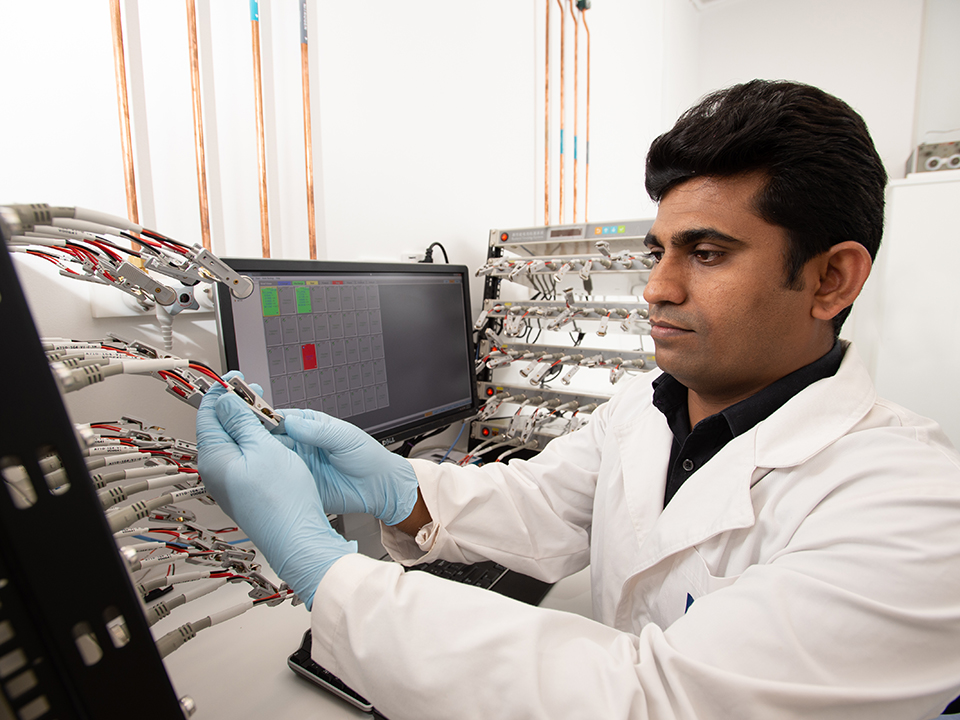
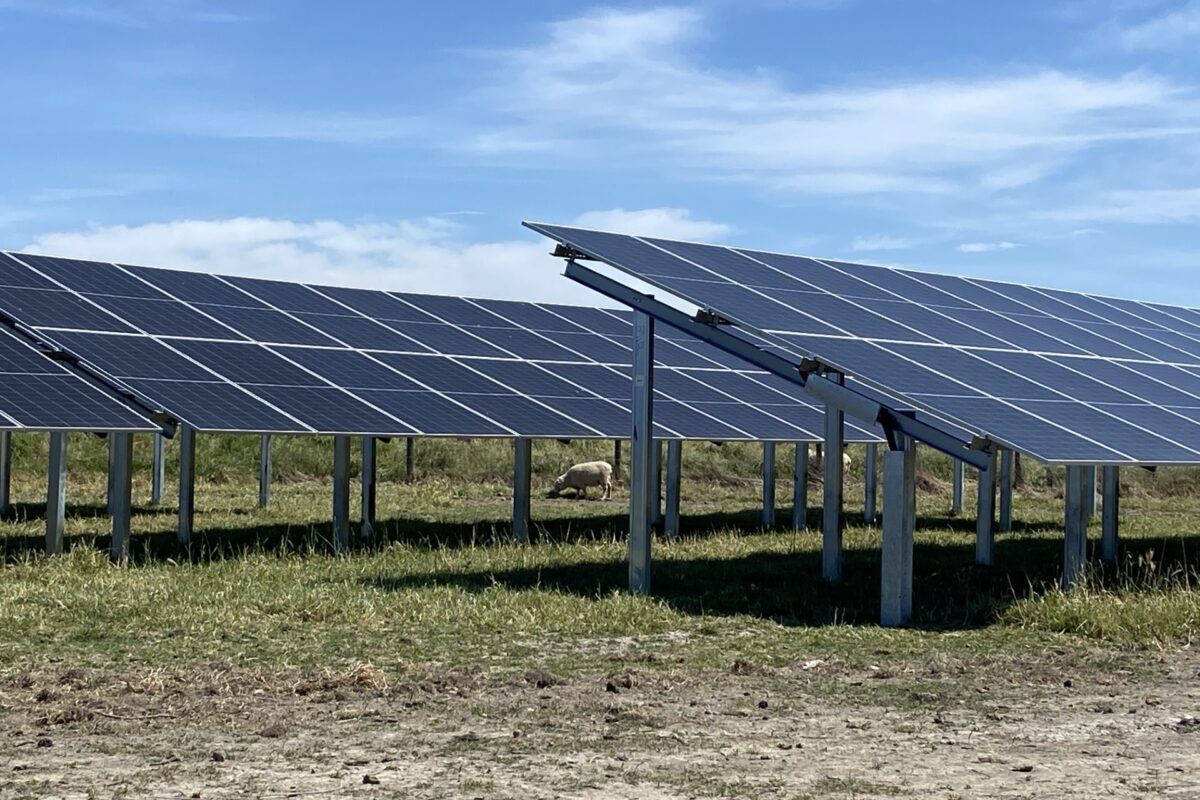


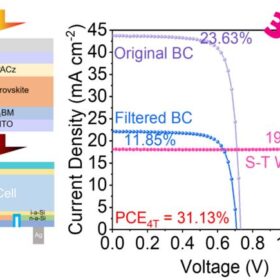
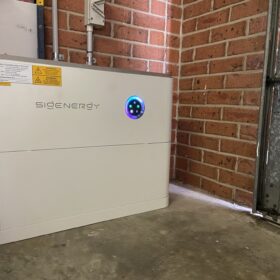
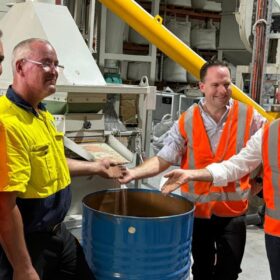


By submitting this form you agree to pv magazine using your data for the purposes of publishing your comment.
Your personal data will only be disclosed or otherwise transmitted to third parties for the purposes of spam filtering or if this is necessary for technical maintenance of the website. Any other transfer to third parties will not take place unless this is justified on the basis of applicable data protection regulations or if pv magazine is legally obliged to do so.
You may revoke this consent at any time with effect for the future, in which case your personal data will be deleted immediately. Otherwise, your data will be deleted if pv magazine has processed your request or the purpose of data storage is fulfilled.
Further information on data privacy can be found in our Data Protection Policy.